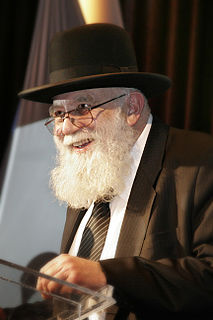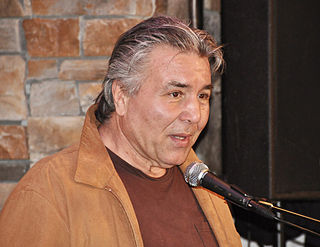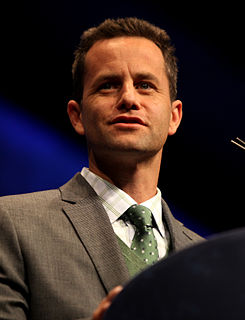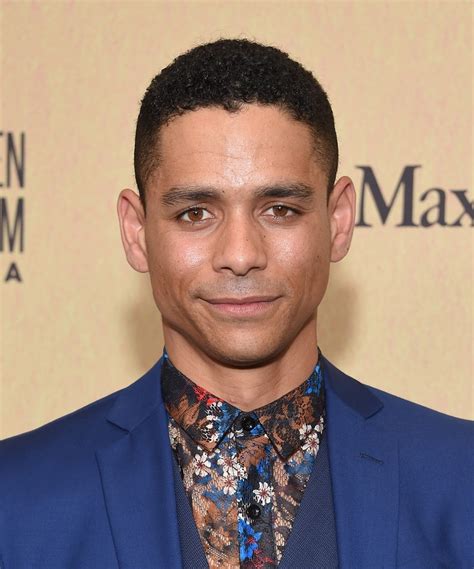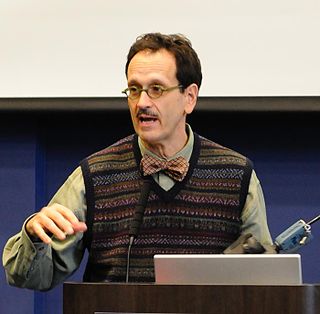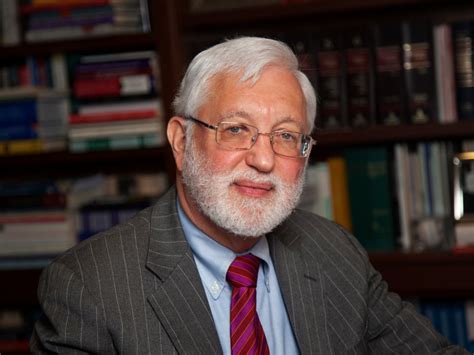A Quote by Kim Harrison
That's why I want you there, he said. You're unpredictable, and that can be the difference between success and failure. Most people make decisions in anger, fear, love, or obligation. You make decisions to irritate people.
Related Quotes
It is my goal to love everyone. I hate no one. Regardless of their race, religion, their proclivities, the desire of their heart and how they want to live their life and the decisions that they make. I can even respect people's decisions and lifestyle choices just as I hope they have the courtesy to respect my decisions and my choices.
The most valuable insight I have made about how people make decisions is that when they become skilled they don't have to make decisions - choices between options. Instead, they can draw on experience and the patterns they have acquired to recognize what to do, ignoring other options. This is the basis of the Recognition-Primed Decision (RPD) model my colleagues and I described thirty years ago.
Whatever it is, people have issues and that affects you deeply. So you have to get to the bottom of it and not let that affect your life decisions and really understand why you're making the decisions you make so that way you can understand how to not do that, so I always encourage people to ask why and then to really understand you, because that's the only way to be your most successful and your most happy.
But to procrastinate and prevaricate simply because you're afraid of erring, when others - I mean our brethren in Germany - must make infinitely more difficult decisions every day, seems to me almost to run counter to love. To delay or fail to make decisions may be more sinful than to make wrong decisions out of faith and love.
Normally I do all my own post work. It's not that I do it better than anyone else, I just do it my way. I make decisions. People who print at labs are probably far better printers, but they won't make my decisions mid-process. I don't want to be out of the loop. I want to be a photographer and do all of it.

